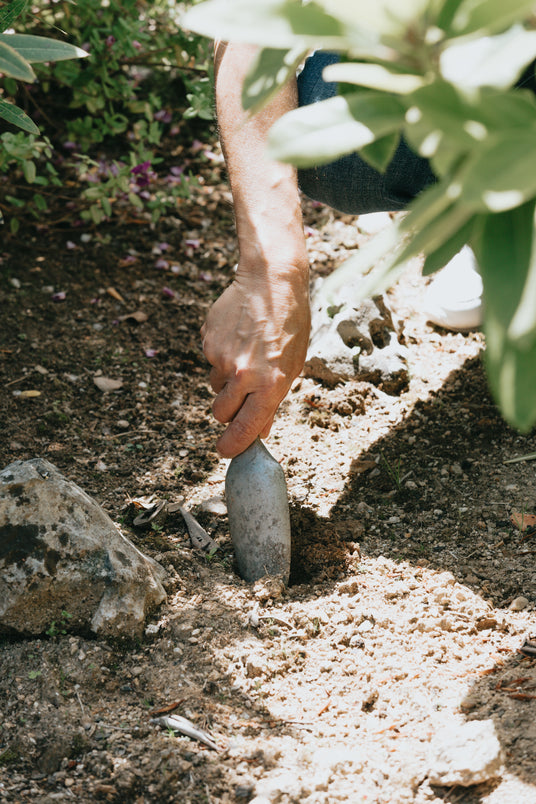African Coffee
View all-
Kuria Anaerobic Orange Co-Ferment - Kenya
Blood Orange, Candyfloss, Peach, Dark Choc
From £14.95Unit price /Unavailable -
-
-

Kuria Anaerobic Orange Co-Ferment - Kenya
Blood Orange, Candyfloss, Peach, Dark Choc